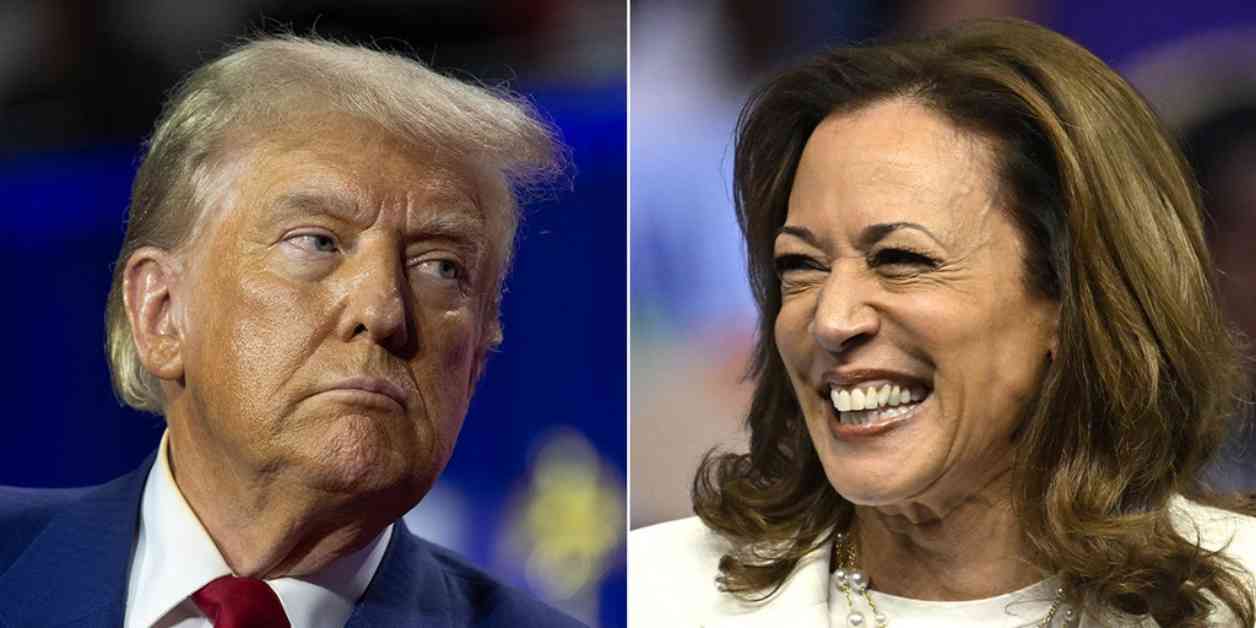A growing number of Muslim voters in Georgia are expressing their opposition to both Vice President Kamala Harris and former President Donald Trump due to their support of Israel amidst the ongoing conflict in the Middle East. Both candidates have voiced their backing for Israel, with Harris advocating for the country’s right to self-defense and Trump declaring himself as Israel’s protector.
In battleground Georgia, where the outcome of the election could sway the presidential race, the Muslim voting bloc holds significant influence. Recent polls show that Muslim voters nationwide are evenly split between Harris and Trump, with Harris holding a slight lead. This demographic could play a crucial role in determining the allocation of Georgia’s 16 electoral votes.
One Muslim American voter in Atlanta, Kristen Truitt, shared his disillusionment with the Democratic Party’s stance on Israel, stating that providing unlimited support to the country is unreasonable. In light of the ongoing conflict in Gaza, which has claimed thousands of lives, including civilians, Muslim voters are calling for a shift away from the traditional two-party system.
A campaign known as “Abandon Harris” is encouraging Muslim voters to consider third-party candidates as a means of signaling their discontent with the current political landscape. The group has already garnered support from over 10,000 Muslim voters, emphasizing the need for Republicans and Democrats to earn the trust and votes of the Muslim community.
While the loss of Muslim voters is expected to impact Harris more than Trump, the latter has historically struggled to secure support from this demographic. Experts suggest that a more critical stance on Israel from either candidate may not necessarily bolster their election prospects, as it could alienate other voter groups.
As the presidential election approaches, the voices of Muslim voters in Georgia and across the nation are becoming increasingly influential in shaping the political discourse. By expressing their reservations about the candidates’ positions on Israel, this demographic is striving to assert its significance in the electoral process and advocate for a more inclusive and diverse political landscape.





















